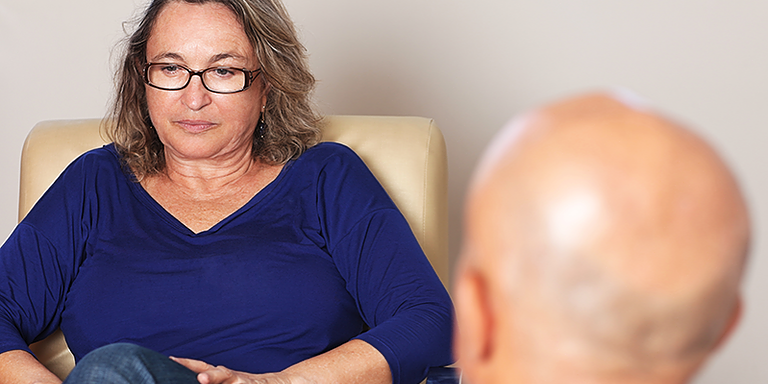Looking for a counsellor or counsellor? First and foremost remember this: one size does not fit all.
If you’re entering counselling for the first time, you are probably a bit anxious about the experience, uncomfortable about what you may be asked to disclose, and concerned about what the counsellor will be like.
We’ve put together some tips for your first counselling experience, focusing on choosing a counsellor that will be the most helpful for you.
Find a good fit.The relationship that you have with your counsellor, called the “therapeutic relationship” is one of the most powerful determinants of your experience. If you don’t have a good fit, i.e. you don’t feel comfortable with the counsellor or you don’t agree with their approach or your progress, you may need to look elsewhere.
Counselling takes work and commitment. Counselling isn’t an easy experience. Counselling challenges you to look at parts of yourself and your life that can be uncomfortable. However, counselling can be a rewarding, fulfilling experience, providing you with a renewed sense of optimism and new ways of thinking and acting that will help you resolve the situation that brought you to counselling in the first place.
Trust 100%.To get the most from counselling, you need to have absolute trust in your counsellor. If you feel that you need to hold back emotions, hide important information, or outright lie, you aren’t going to get any real help.
Follow the 5-year rule.Consider seeking out a counsellor who has a long history of counselling, at least 5 years. Research doesn’t show much difference between the quality of counselling outcomes based upon a counsellor’s degree or training, but it does show that the longer a counsellor has provided counselling, the better your outcome will be. This doesn’t mean that there aren’t less experienced counsellors, but if you have a choice, you might want to err on the side of more experience. Ultimately, if you feel more comfortable with a younger, newly trained counsellor, by all means go for it!
Interview the counsellor as they interview you.Before beginning a counselling session, remember that this is all about you. Take the opportunity to ask about the counsellor’s experience with your issue. For instance, questions such as:
- “How long have you been in practice?”
- “Have you seen a lot of clients with similar concerns to my own?”
- When was the last time you treated someone with a problem similar to mine?”
Go with your gut.You should feel a warmth, a welcoming attitude and an earnest desire to see things from your perspective and help you achieve your goals. If you don’t have this sense when you interview the counsellor, or during your first session, you might want to discuss how you feel (e.g. “I’m not sure that we are the best fit”…”I’m not sure how I feel about working with you.”). Don’t fear that this will upset the counsellor. In contrast, a good counsellor will respect your feelings and will undoubtedly want to know if you have any concerns. You won’t offend, you’ll inform!
The take-home message
A counselling relationship is a co-created relationship between you and your counsellor. If you state your goals, your expectations, your preferences, what matters most to you, and follow the tips outlined above, you will have the most success.
Learn More
For more information about counselling and therapy, the following resources may be helpful.
- Canadian Professional Counsellors Association. https://www.cpca-rpc.ca
- Canadian Mental Health Association. www.cmha.ca
- Canadian Counseling and Psychotherapy Association. https://www.ccpa-accp.ca
- The Federation of Associations for Counselling Therapists in B C. https://www.factbc.org
- Counselling Psychology. American Psychological Association. https://www.apa.org/ed/graduate/specialize/counseling.aspx
- Psychology Help Centre. American Psychological Association. https://www.apa.org/helpcenter/
- Who needs counselling? PsychCentral. https://psychcentral.com/lib/who-needs-counseling-10-therapy-myths-dispelled/













